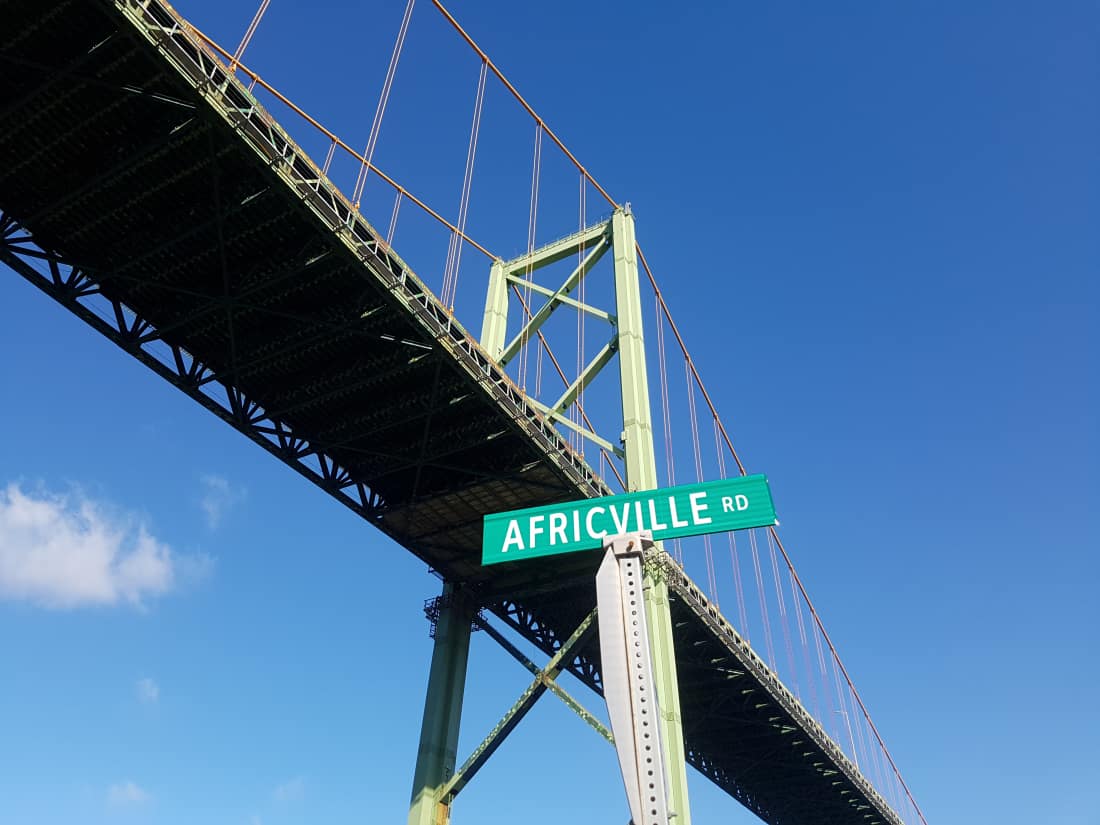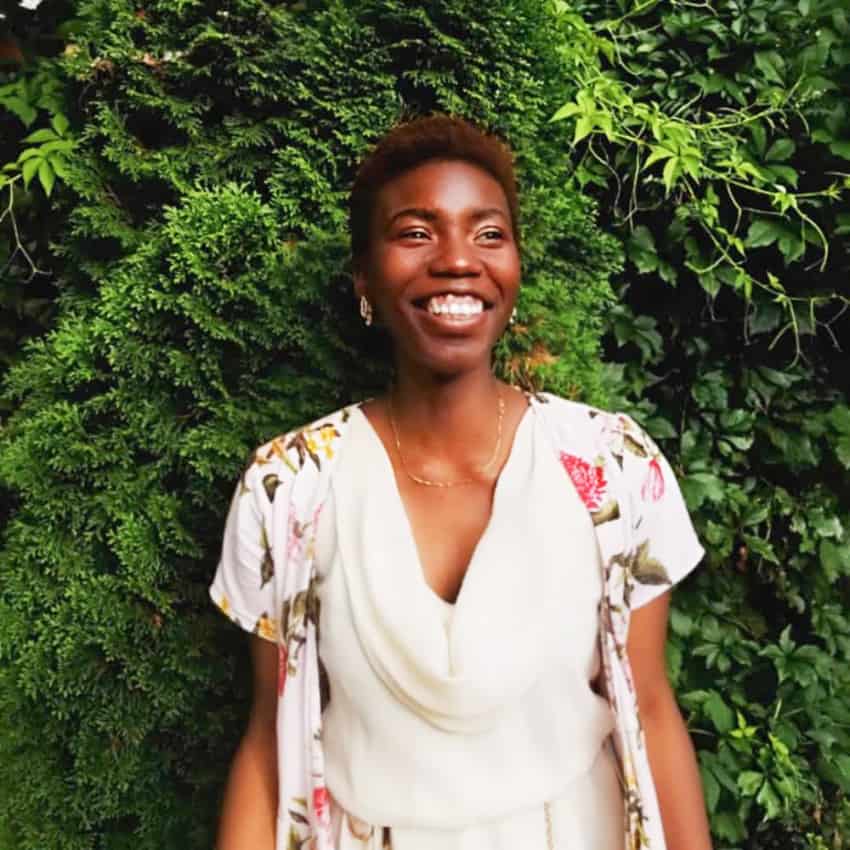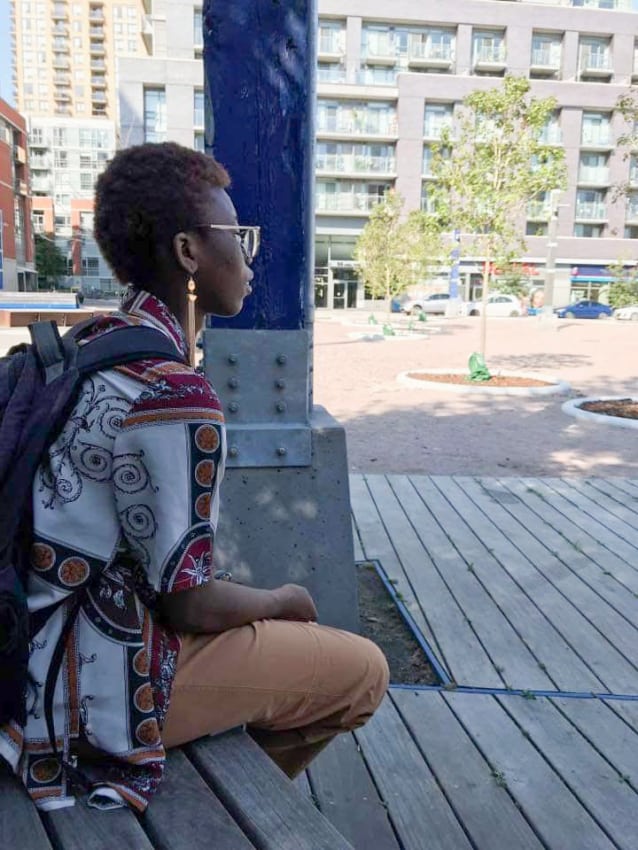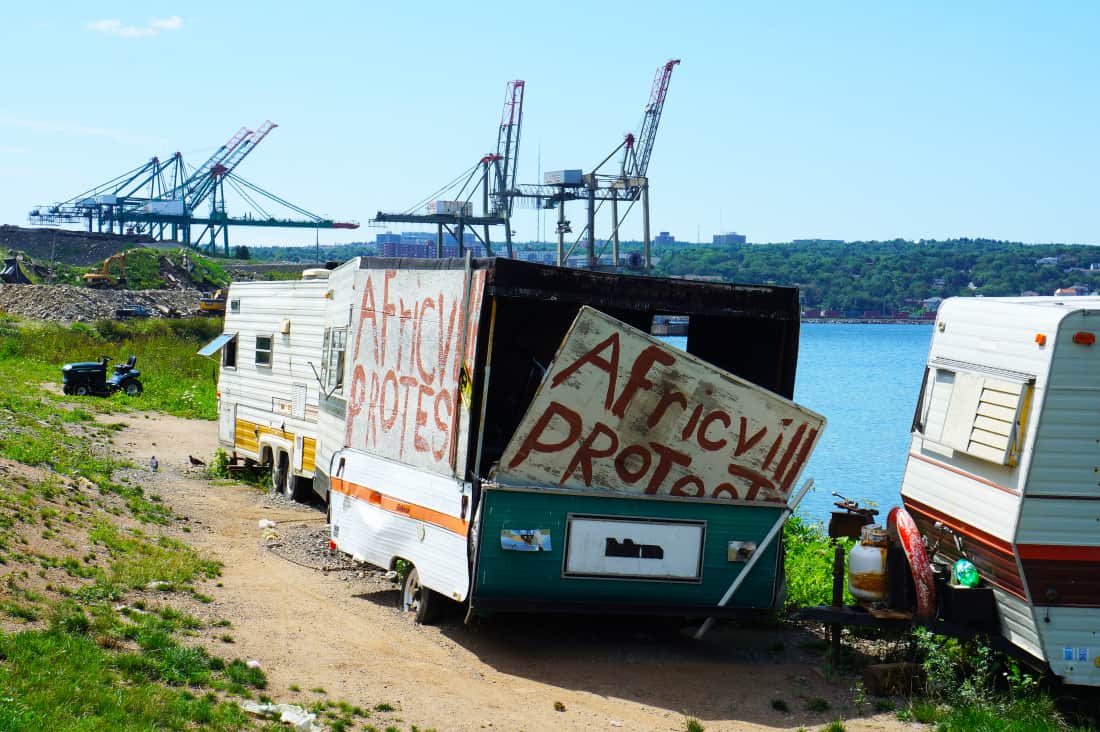
Due to the efforts of Jean Augustine, the first black woman elected as a member of parliament, Canada observed its first Black History Month in 1996.
According to the Government of Canada website, Canadians are “invited to participate in Black History Month festivities and events that honour the legacy of Black Canadians, past and present.” The theme for this year’s “Black History Month is Canadians of African Descent: Going forward, guided by the past.”
Despite what the government says, we do not see much effort put into actually creating these events and festivities to celebrate black Canadians, especially in Saskatchewan.
This lack of effort could be attributed to people not knowing where to look for other people who would be interested in organizing events. They may have the drive to create something meaningful but not much community support to actually go through with it.
Another likely reason and something every person of colour experiences throughout their life is racism. Maybe they are trying to assimilate to the environment they are in, or anticipate some pushback if they did try to express their pride in their heritage. These fears can also be attributed to microaggressions.
Microaggressions are often thought to be smaller, more subtle, almost unconsciously racist things that people say or do towards minorities or marginalized people.
Though this is a part of it, microaggressions do not refer to ‘smaller’ occurrences of discrimination but rather everyday racial prejudice. This racism differs from institutional racism, where people of colour are systemically targeted and oppressed by political and economic power structures.
I sat down with slam poet and activist Peace Akintade-Oluwagbeye, who is a member of the Youth in Service Speaker Bureau for the Office of the Treaty Commissioner, to discuss her experience with microaggressions.
As someone who is extremely proud of her African heritage and shows it in how she dresses, Akintade-Oluwagbeye has a lot of people approaching her and asking about it on a daily basis.
“There are strange people that come up and they like to start with, ‘Where are you from?’… I usually just say Nigeria and then they’re done with it,” Akintade-Oluwagbeye said. “But then there’s the ones that really want to get under your skin and are like, ‘If you’re from Nigeria then why are you here?’”
Whatever the intentions of the speaker, the connotation of the question, “Why are you here?” is clear: what business do you have here because you don’t look like you belong.
These kinds of questions can make you feel as though you need to justify your presence to a complete stranger, convince them why you belong. It feels like an attempt to push you into the category of ‘other’ — an admonition that your place in this country belongs in the margins. Do not be too loud or take up too much space because why are you here in the first place?
Dealing with this question is difficult. For some people, brushing it off is enough. Others may feel the need to conform or make themselves smaller.
For Akintade-Oluwagbeye, dealing with this issue is a matter of focusing on the positive.

“I like to really focus on the people that come up to me and compliment me. There are still people out there that come up to you and actually really want to know about your culture, they want to know how you’re so colourful,” Akintade-Oluwagbeye said.
On the bad days where she gets upwards of 10 people approaching her, Akintade-Oluwagbeye says she tries to educate them.
Others, like fourth-year business student, Lola Adebogun, approach it differently. To her, it’s more about preemptive action — don’t give people the space to come at you with that kind of energy.
“When you walk into a room, you just create that ambience that whatever notion [other people] have of what black women are supposed to be, you go in there and you destroy it,” Adebogun said. “Because you’re like, I don’t care what you guys think of what my people can do, but I’m going to tell you I can do more than you think I can.”
While some people are deliberately and explicitly discriminatory towards certain races, others might not even realize that what they’re doing is microaggression. This does not excuse their actions, but it does highlight the need for education.
This is where the importance of Black History Month comes in. Despite the connotation of the name, this month-long event isn’t just about learning about black history — it’s also about celebrating the achievements and cultural diversity of black people. It’s about getting educated on issues faced by black people so we can all stand in solidarity. When fighting racism, a community is essential.
Akintade-Oluwagbeye remarked that she has met people in the community who were interested in celebrating Black History Month, but they feel like there would be no interest if they were to host an event. She also finds that she is almost always the only black person in the room advocating for black issues, so she doesn’t always feel the support needed to create something meaningful.
“[I feel like] I can’t talk about [black issues] because I’m the only one there, so I feel like I’ll be the only one that will relate,” Akintade-Oluwagbeye said. “That’s why it’s important to have a community.”
Though we’re starting to see small steps in the right direction, Black History Month isn’t as recognized in Canada, and Saskatchewan especially, as it should be.
Due to a lack of education on the matter, people might believe that Canada doesn’t have an abundance of black history to celebrate. Much like with Indigenous history, black history in Canada tends to be pushed to the fringes.
“But then there’s the ones that really want to get under your skin and are like, ‘If you’re from Nigeria then why are you here?’”
— Akintade-Oluwagbeye
Though it often goes untold, black Canadians have a long and rich history in Canada. From the black labour union Order of Sleeping Car Porters to the original Book of Negroes document, detailing the names and descriptions of 3,000 black loyalists who escaped to Canada, our country has an abundance of black history. One such history is that of Africville.
Africville was a primarily black settlement in Nova Scotia that dated back to 1848 — though black people have been living in Nova Scotia as enslaved people since they built Halifax in 1749.
The people of Africville were mostly formerly enslaved people who had been promised land and freedom in Canada. It was a home for people to call their own, build their heritage and practice their beliefs — a microcosm of black culture in a predominantly white Canada. Africville even had its own hockey team, the Africville Brown Bombers.
However, as much as we might try to hide it or push it down, the fact is that Canada has a serious anti-black racism problem and this was reflected in Africville.
Africville was destroyed by systemic racism. Though the residents paid taxes to the city of Halifax, they received no amenities. No paved roads, no running water and no sewers.
A prison, slaughterhouse, human waste disposal pit, an Infectious Disease Hospital and dump were built in and around Africville. The city council had ruled against building these institutions near the nearby white neighbourhood, Fairview, and council minutes show that they paid no mind to the health concerns of Africville residents in their decision.
After these undesirable institutions solidified the perception of Africville as a slum, it was easy for the government to justify the community’s destruction. In 1969, Africville’s last property was taken from its owner by the state and demolished.
Only Eddie Carvery, 24 years old at the time, remained. He pitched a tent in protest, demanding compensation and a public inquiry that stayed up for 50 years. His protest camp was taken down just last year, in November 2019. What started out with one man and a tent grew into one of the longest civil rights protests in Canadian history.
Africville is just one of the many stories in the rich cultural tapestry that is black history in Canada. From fighting in both wars despite being segregated even in combat, to famed abolitionist Harriet Tubman’s hand in bringing black people to Canada, there is still so much to learn about.

Black people in Canada have a long way to go, and Black History Month is only the beginning of it. When speaking of racism in Canada, however, it would be a gross injustice to leave Indigenous people out of the discussion.
Since the days when the first colonizers and settlers came to Indigenous land, they have been cheated, killed, incarcerated and assimilated.
The tale of Africville is not the first or last one of its kind. We still see Indigenous communities being denied basic amenities by the government, only to have people dismiss the ensuing community issues as the fault of the people. Centuries of being systemically discriminated against and killed has also created issues of intergenerational trauma.
After educating myself on what Indigenous people go through — because the school system sure does an abysmal job at it — speaking up about black issues almost feels audacious. Despite the discrimination we face, we are still settlers living on Treaty 6 Territory, the homeland of the Cree and Métis Nations.
While I am an African-Canadian and this is my home and I do belong here, I am still a settler on Indigenous land and a witness to their persecution on their home. How do I reconcile these two opposing sides?
Being mindful of the space she is taking from the Indigenous community is something Akintade-Oluwagbeye also struggles with. In fact, she remarked that it is one of her biggest sources of turmoil as an activist. When asked how she deals with this issue, Akintade-Oluwagbeye had some insightful words of wisdom.
“It feels almost guilty that I’m making such an effort to bring out the word of Black History Month when the Aboriginal people have to struggle every day,” Akintade-Oluwagbeye said. “But I like to think of it like if I can get the voice out about the issues that are happening with us, I can make way for a conversation about what is happening to them.”
Akintade-Oluwagbeye also believes that there is a lot of overlap with colonization with both Indigenous and black people.
“There’s a lot of differences but there’s still a lot of similarities. Like with settlers coming to our country and taking our resources and leaving us with nothing,” Akintade-Oluwagbeye said.
She believes that by fighting for justice for one community, we can fight for justice for the other as well. She however noted that no one is perfect and we all have growing to do.
“We also have to agree that racism can happen even in our community towards them, and they can be racist in their community towards us,” she continued.
“Even though we’re all being accused of so many things, we’re all being pushed down so much but we’re also pushing each other down. It should be more of something where we put our heads together like, okay, let’s go fight the common goal.”
Black History Month and justice for black people in Canada is important, but it is nothing if we are not working alongside Indigenous people to achieve it. At the end of the day, we are living on Indigenous land, and if we cannot use the little gains we have in society to help pull each other up, how will we ever break out of this cycle?
This Black History Month we all need to make an effort to look inwards and pull out our misconceptions about marginalized people. This discussion does not need to be confined to February’s short 29 days.
Reforming our education systems to include a broader view of Canadian history, being more socially conscious when it comes to racialized communities and putting pressure on the government to act on reconciliation are a few places we can start. To dismantle Canada’s long history of colonial violence, we need to work in solidarity with the other groups that have also faced it.

—
Tomilola Ojo/ Culture Editor
Photos: Flickr/ Coastal Elite, Supplied/ Peace Akintade-Oluwagbeye, Flickr/ Nicole Bratt
Leave a Reply